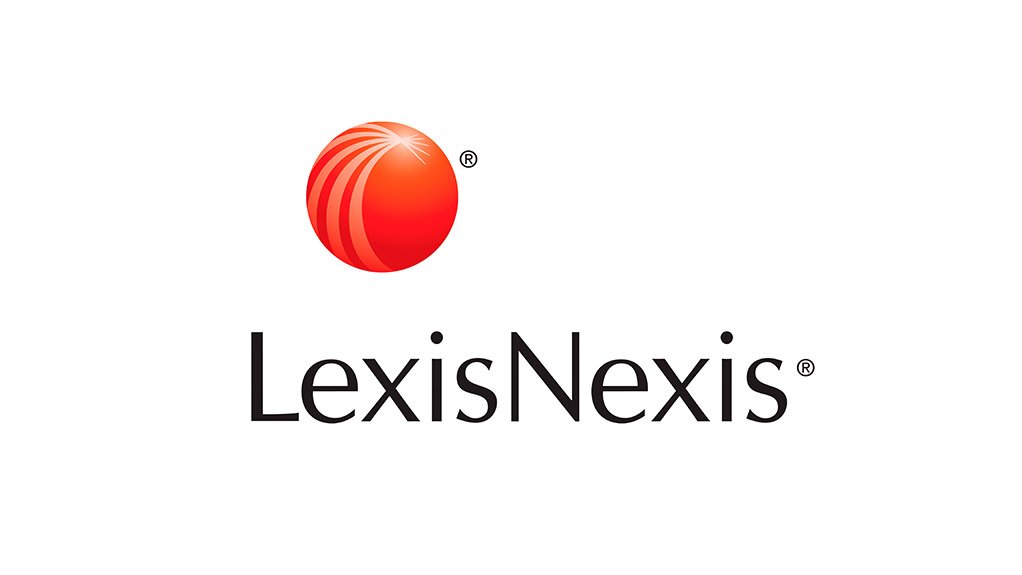The City of Cape Town Valuation office is currently preparing the 2018 General Valuation Roll (GV2018) which will be published in February 2019. Used to finance and maintain the non-income generating services that benefit communities, such as traffic lights, maintenance and disaster services, parks and gardens, rates form part of the tax obligation that property owners are required to pay.
According to Greg Brown, director at LexisNexis South Africa it is essential that all property owners – whether in the private or commercial property sectors – check the valuation of their property. “Failure to do so may result in incorrect rates being applied to the property for the full valuation period of three years,” says Brown, who heads up the LexisNexis Data Services division. “This could be very costly for property owners and impact of the saleability of the property as prospective buyers may be deterred by the overinflated rates burden.”
SAPOA (The South African Property Owners Association) reports that municipal rates and taxes have been the second fastest-growing operating cost item for property owners and investors since 2007 with a compound annual growth rate of 9.7% (inflation + 3.6%) with only electricity costs having risen at a higher pace.
The recent City of Johannesburg General Valuation for 2018 saw many residents unhappy with their municipal valuations resulting in the city receiving 40000 objections. Residential property statistics for the area indicate that 40.7% of the valuations rose between 21% and 40% and 30.7% between 41% and 60%, in the latest roll according the City of Johannesburg website.
“It is uncertain as to whether or not Cape Town residents can expect the same increases,” says Brown. “Property valuations are determined using comparable property prices as the basis. The Valuation Office considers the sales of comparable properties within the area, as well as data such as the extent of the property/erf and the number of rooms and bathrooms in the house. In some cases, site inspections are undertaken, or aerial images used.”
Cape Town property owners will have the opportunity to inspect the GV2018 in February 2019. Brown says property owners need to be aware that they are responsible for checking that the valuation ascribed is accurate and that their property has been correctly categorised into either residential or business. Objections need to be lodged during the prescribed time with the onus on the property owner to prove that their property has been overvalued.
“This can be done by using the services of a professional property valuator or estate agent or by conducting an online property evaluation using an automated solution such as Lexis PropIQ,” says Brown. “A once-off online search is very simple, quick and cost-effective for consumers to access and will provide a comprehensive valuation to use as part of the objection.”
The report included in the objection process should clearly display the address, erf, scheme or farm/agricultural holding details, the property details and registered owner information, comparable area sales and easy searches using an address or erf, scheme, farm or agricultural holding details. Additional information such as aerial and map views, transfer and property history details and suburb trends showing prices and number of sales will all assist in proving that the property has been overvalued.
“All of this information is available via Lexis PropIQ report,” Brown says. “Owners log onto https://www.propiq.co.za, input their property details and make a once off payment for the system to generate the necessary report.”
Submitted by LexisNexis South Africa
EMAIL THIS ARTICLE SAVE THIS ARTICLE ARTICLE ENQUIRY
To subscribe email subscriptions@creamermedia.co.za or click here
To advertise email advertising@creamermedia.co.za or click here











